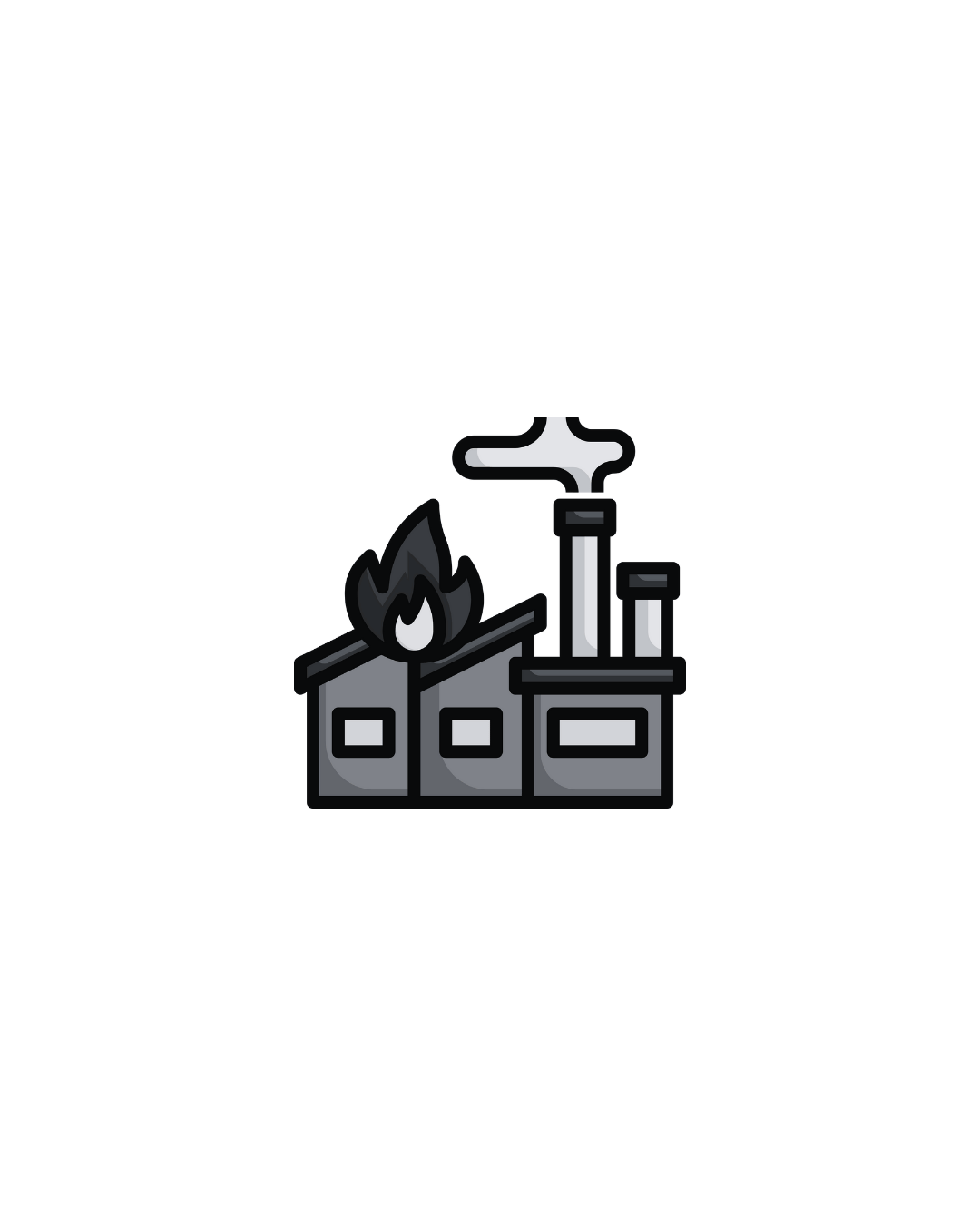Description
A Bachelor of Technology in Fire and Industrial Engineering (B.Tech in Fire and Industrial Engineering) is an undergraduate program that focuses on fire safety, industrial safety, risk management, and emergency response strategies. This specialized engineering discipline combines principles of engineering, fire science, safety protocols, and management practices to prepare students for careers in fire protection and industrial safety sectors.
Curriculum Overview
The curriculum for a B.Tech in Fire and Industrial Engineering typically includes core engineering courses, specialized subjects in fire and industrial safety, and practical training. Here are some common subjects and areas of study in this program:
Engineering Mathematics:
Mathematical concepts essential for problem-solving in engineering, including calculus, differential equations, and statistics.
Basic Electrical and Electronics Engineering:
Principles of electrical and electronic systems relevant to fire detection and industrial processes.
Mechanical Engineering Basics:
Fundamentals of mechanics, materials, and thermodynamics, which are essential for understanding fire dynamics and industrial processes.
Fire Science and Engineering:
Study of fire behavior, combustion processes, fire dynamics, and the principles of fire prevention and protection.
Fire Protection Systems:
Design and implementation of fire protection systems, including sprinkler systems, fire alarms, and smoke control systems.
Industrial Safety Engineering:
Principles and practices of ensuring safety in industrial environments, including risk assessment, hazard identification, and accident prevention.
Hazardous Materials Management:
Understanding of hazardous materials, their properties, safe handling, storage, and regulatory compliance.
Emergency Response and Management:
Planning and executing emergency response strategies, including evacuation procedures and incident management.
Risk Assessment and Management:
Techniques for assessing risks related to fire and industrial operations, including qualitative and quantitative risk analysis.
Regulations and Standards in Fire Safety:
Overview of national and international fire safety regulations, codes, and standards that govern fire safety engineering.
Fire Dynamics and Analysis:
Study of fire growth, smoke movement, and thermal behavior in fires to understand its impact on buildings and structures.
Occupational Health and Safety:
Principles related to workplace safety, health regulations, and the management of occupational hazards.
Project Work/Internship:
Hands-on experience gained through projects or internships, allowing students to apply their theoretical knowledge in real-world settings.
Career Opportunities
Graduates with a B.Tech in Fire and Industrial Engineering can pursue various career paths in sectors such as manufacturing, construction, emergency services, and safety consulting. Some potential job roles include:
Fire Engineer: Designing fire safety systems, conducting fire risk assessments, and ensuring compliance with fire safety regulations.
Industrial Safety Engineer: Developing safety protocols and programs to protect workers and facilities from hazards in industrial environments.
Safety Analyst: Conducting safety audits, investigations, and risk assessments to enhance safety practices in organizations.
Fire Investigation Specialist: Analyzing fire scenes to determine causes and contributing factors to incidents, often working with law enforcement.
Emergency Management Coordinator: Planning and coordinating emergency response strategies for organizations and communities.
Health and Safety Manager: Overseeing the design and implementation of health and safety programs in workplaces to mitigate risks.
Risk Management Consultant: Advising organizations on risk management strategies related to safety and compliance.
Fire Protection Consultant: Providing expert advice on fire safety solutions and strategies to reduce fire risks in various settings.
Training Officer: Developing and delivering training programs related to fire safety, emergency response, and industrial safety practices.
Regulatory Compliance Officer: Ensuring that companies adhere to safety regulations and standards set by governmental and industry bodies.
Further Education
Graduates may opt to pursue a Master?s degree in Fire Engineering, Occupational Safety, or a related field for further specialization. Additionally, certifications in specific areas (such as NFPA certifications, safety management, or fire protection engineering) can enhance career prospects.
If you have any further questions about the curriculum, potential career paths, or other aspects of a Bachelor of Technology in Fire and Industrial Engineering, feel free to ask!









